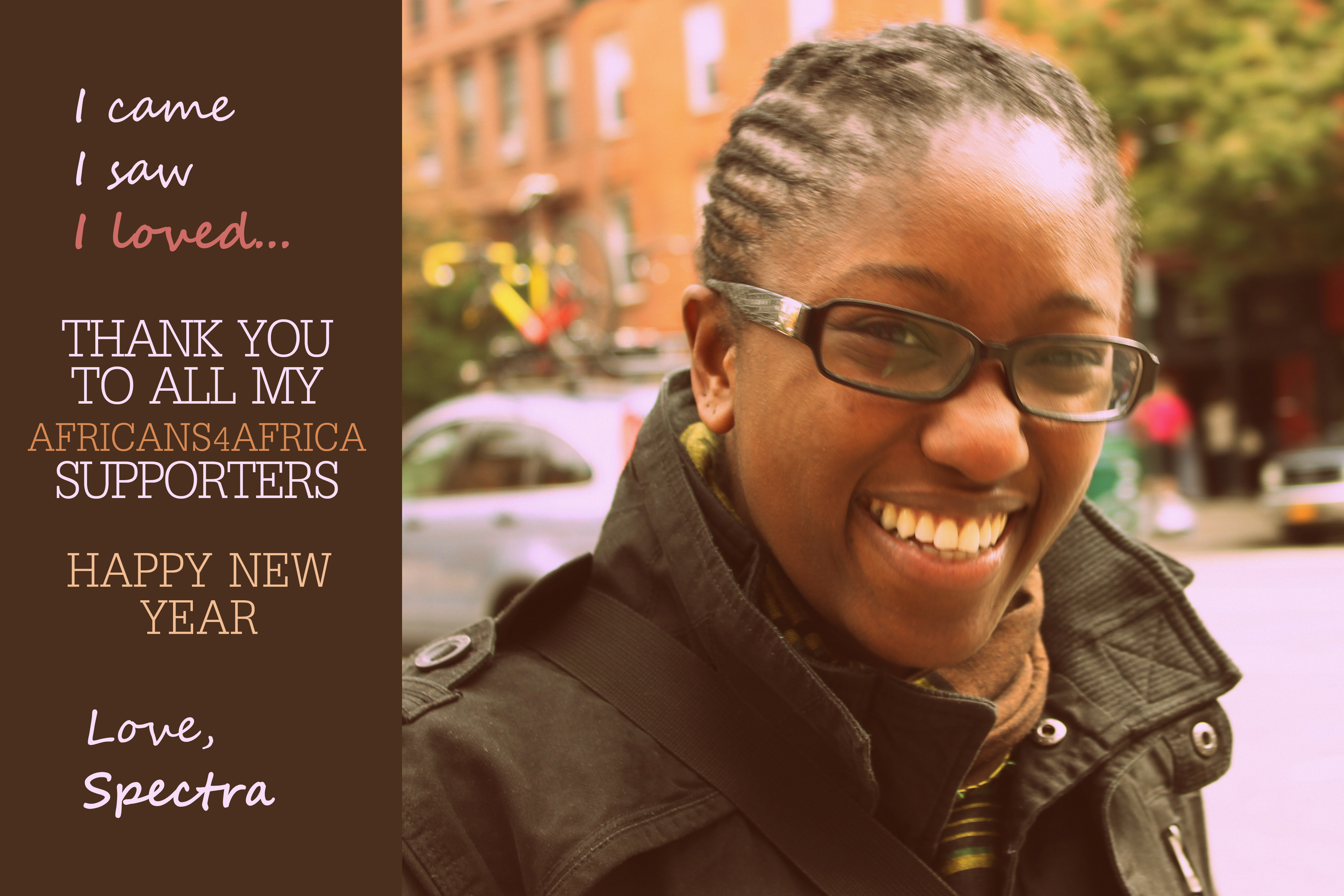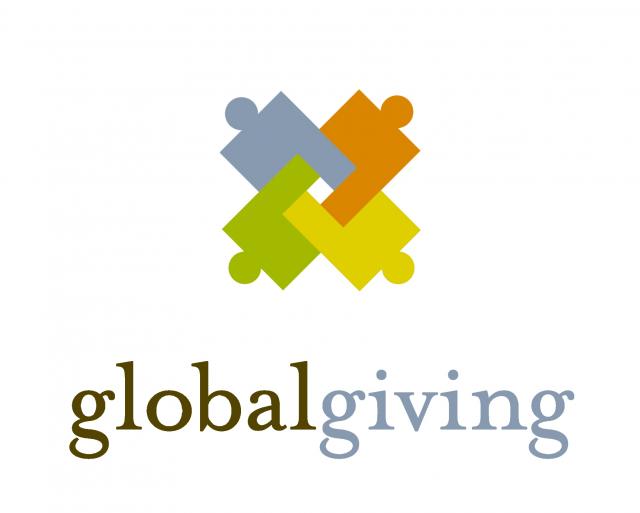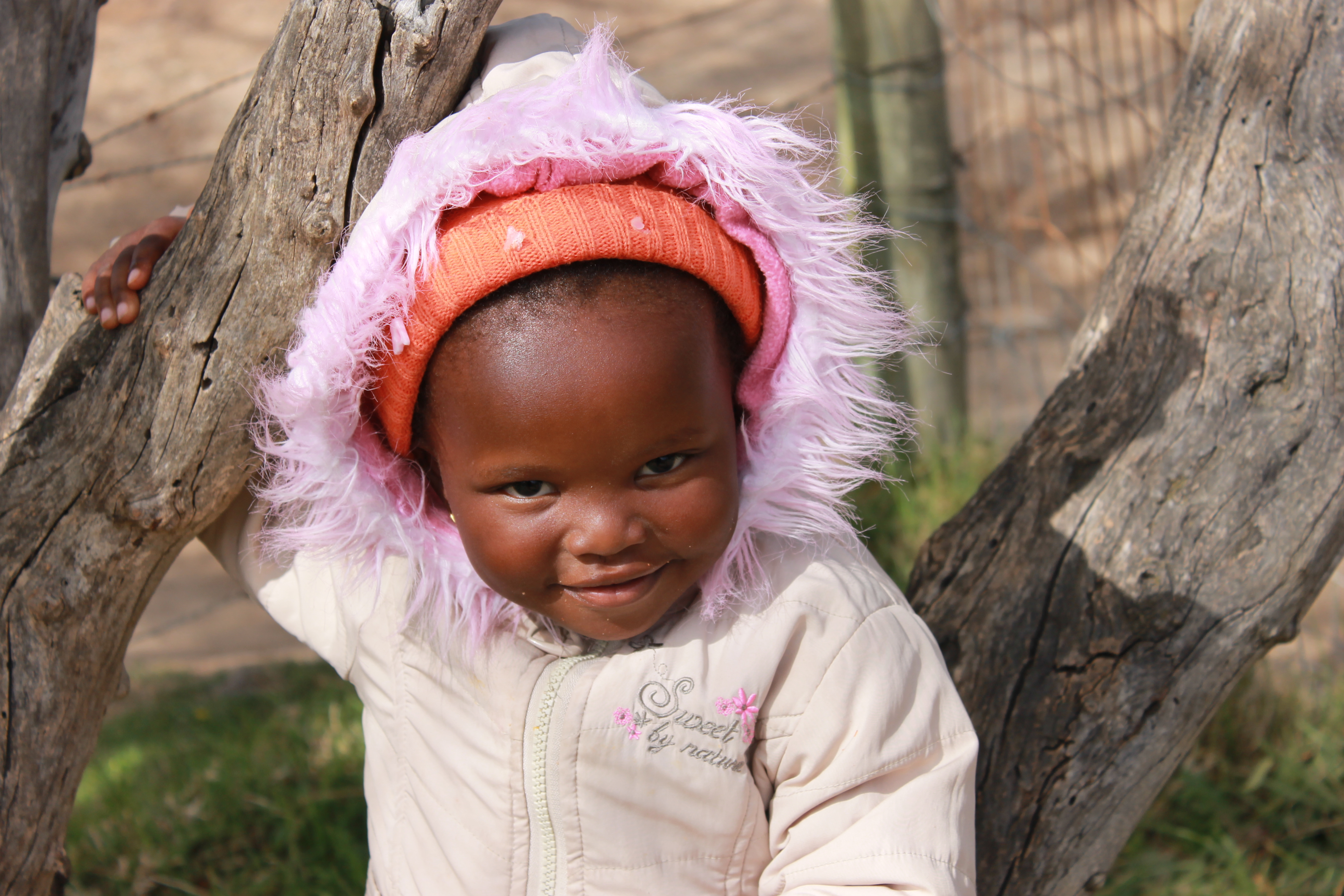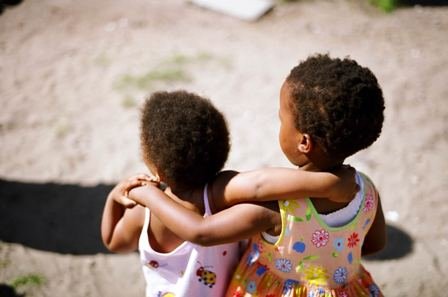This is my last post for 2012. I've been back in the states for almost two weeks, struggling with what words to send you in closing of my Africans for Africa new media training project. I've started about a dozen posts and letters, and have scrapped them each time. But…
-
-
Africans for Africa: Press Coverage of GlobalGiving Social Media and Online Fundraising Workshop in Johannesburg
"Various charities in and around Johannesburg will add impetus to their fundraising drive if Spectra has anything to do with it." I just received a scanned image of an article that was printed in a local Johannesburg paper about my Social Media and Online Fundraising training for African NGOs, hosted…
-
Africans for Africa - Blog - Creative Corner - Organizations - Philanthropy - Special Series - Videos
[VIDEO] Africans for Africa Update: A Day at The Ibhabhathane Community Centre
I recently visited the Ibhabhathane Community Centre, the only pre-school available in Rieebeck East, a small farm village with a population of about 700 people. Needless to say, providing good quality education (much less early childhood development) is a challenge. But a small group of dedicated women are making a…
-
It Takes a Village: Fikelela Shelter for Orphans with HIV/AIDS Fosters Community Advocacy
"It takes a village to raise a child" comes to mind when I reflect on my visit. Inspired by a woman's wish to build homes for children orphaned by their mothers dying of HIV/AIDS (and who most likely would end up HIV+ themselves), I expected a hospice when I arrived.…
-
Africans for Africa Project Update: Outreach Means Outside of Your Comfort Zone
#AfricansforAfrica Update: I’m realizing that many of the non-profits I’m visiting are in some very remote areas and it’s going to take more $$ than I imagined to get to them. It’s funny, no matter how much you plan and budget, you can never anticipate the true cost of living…




